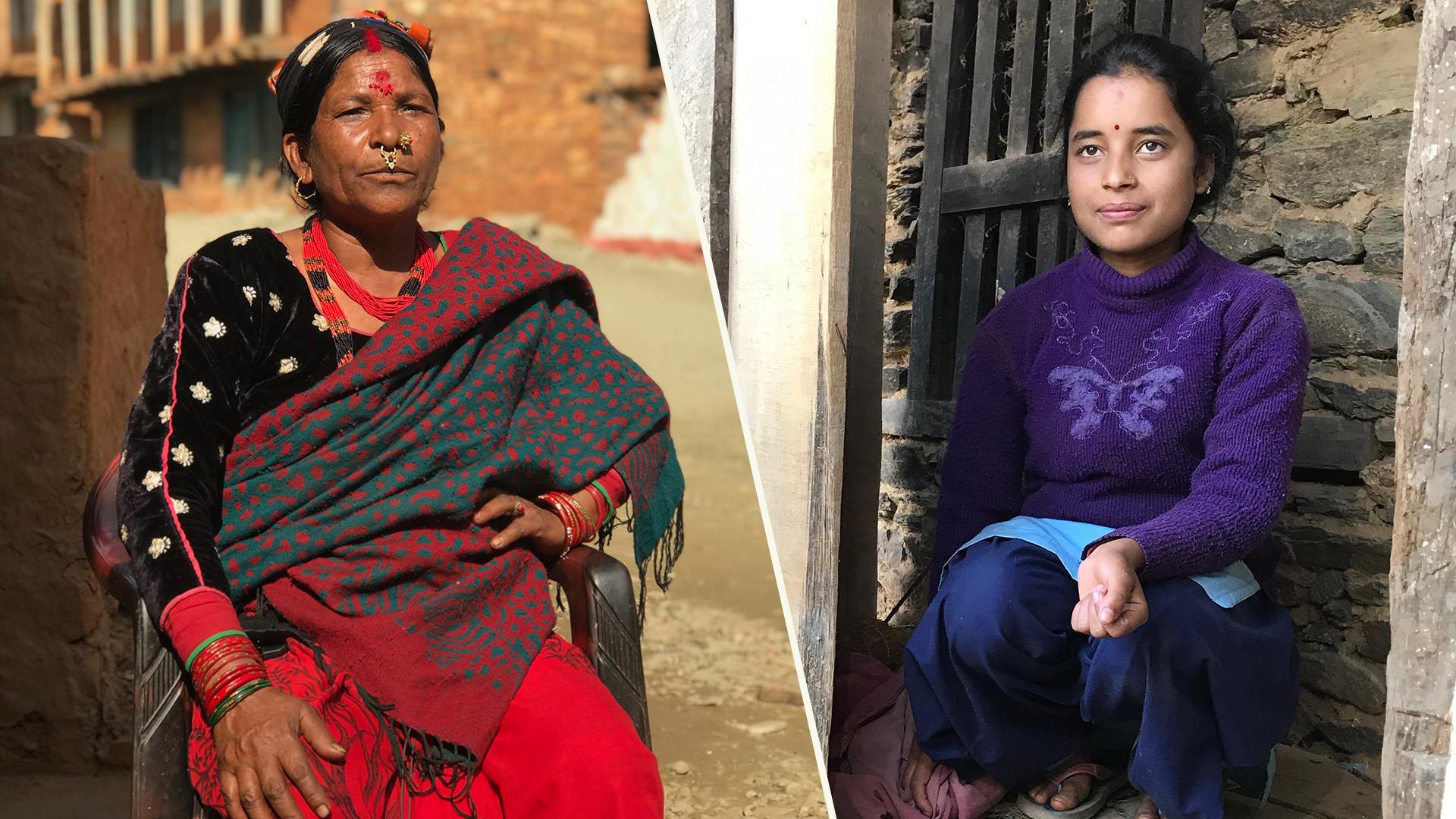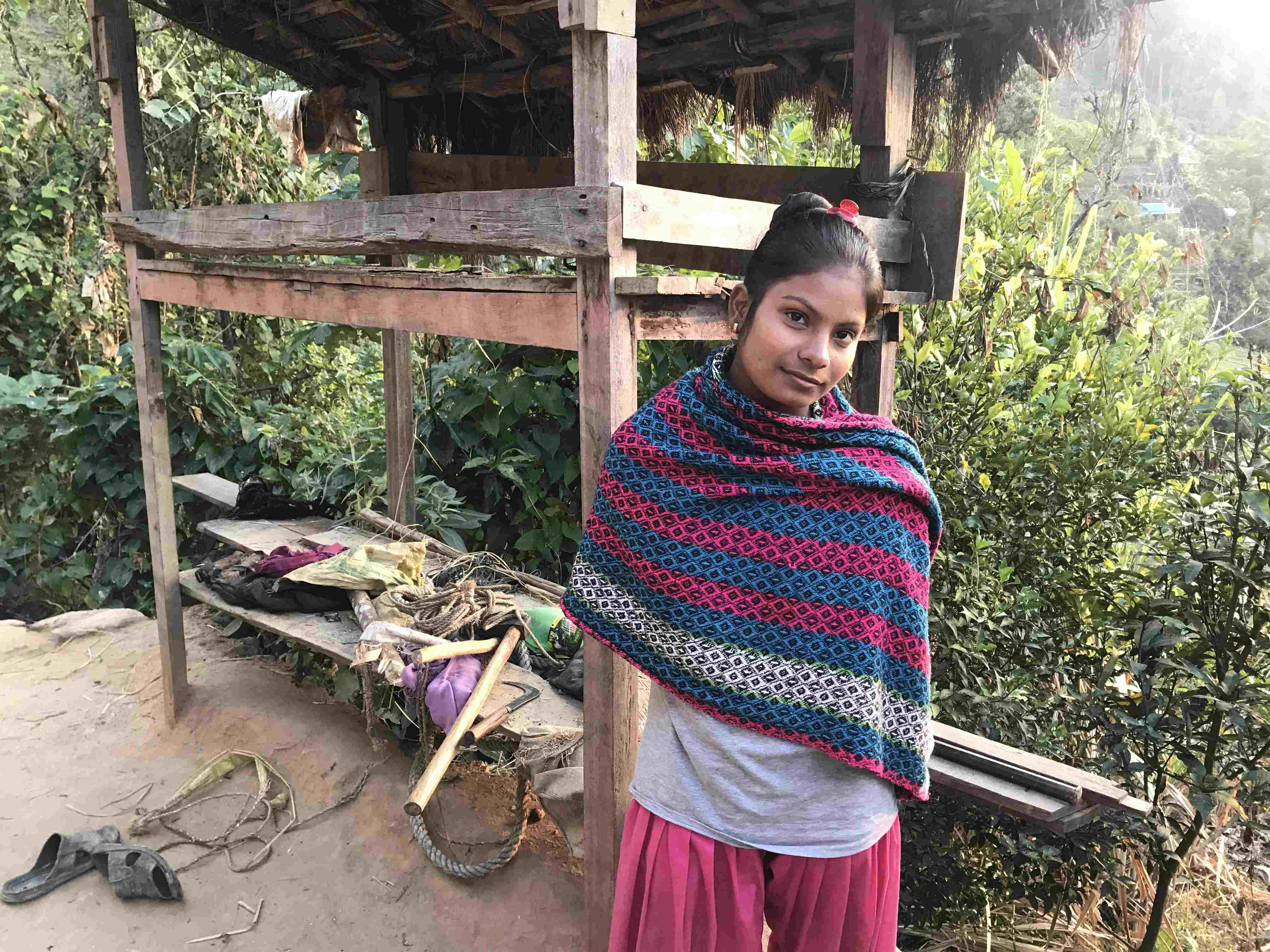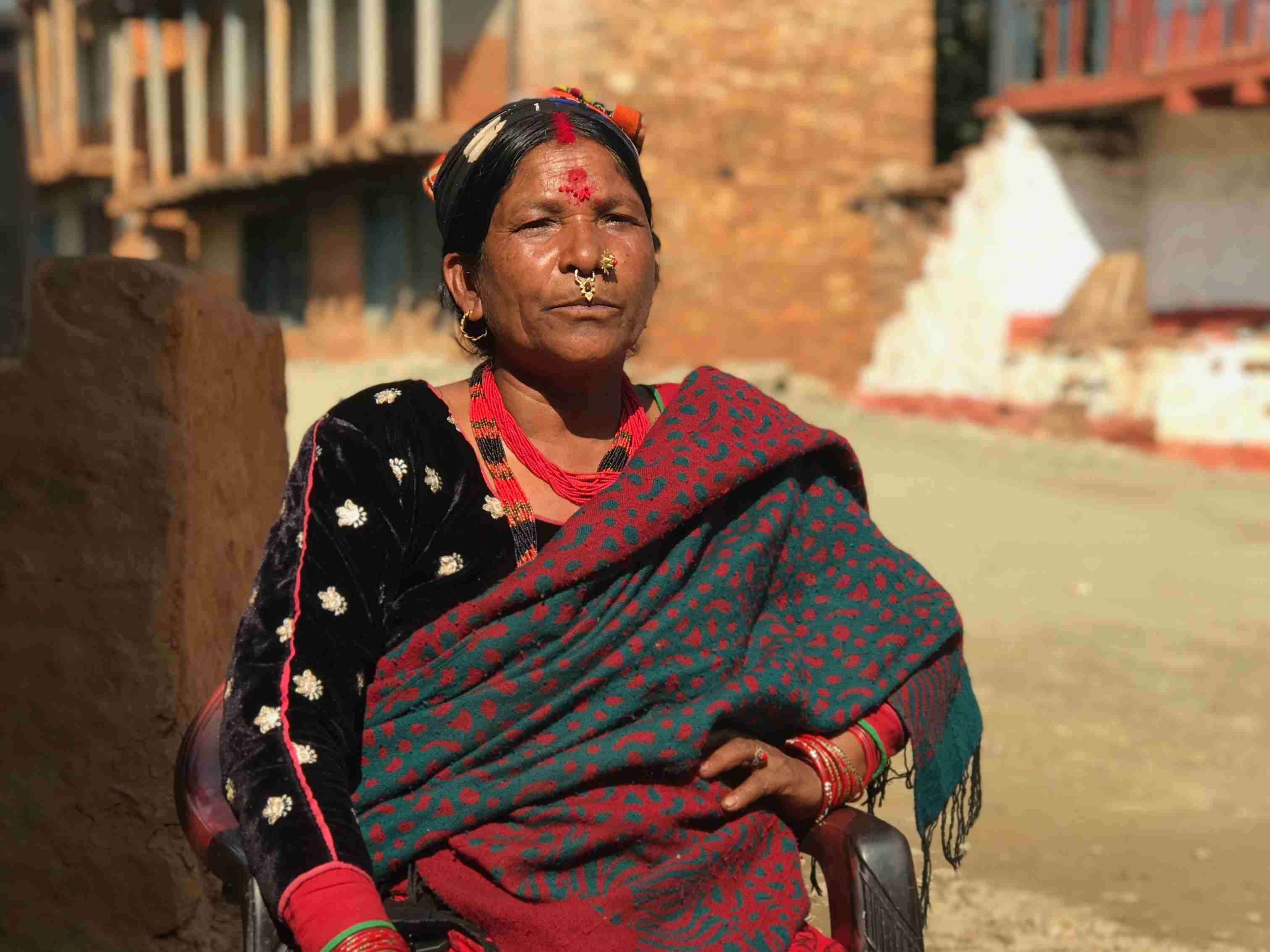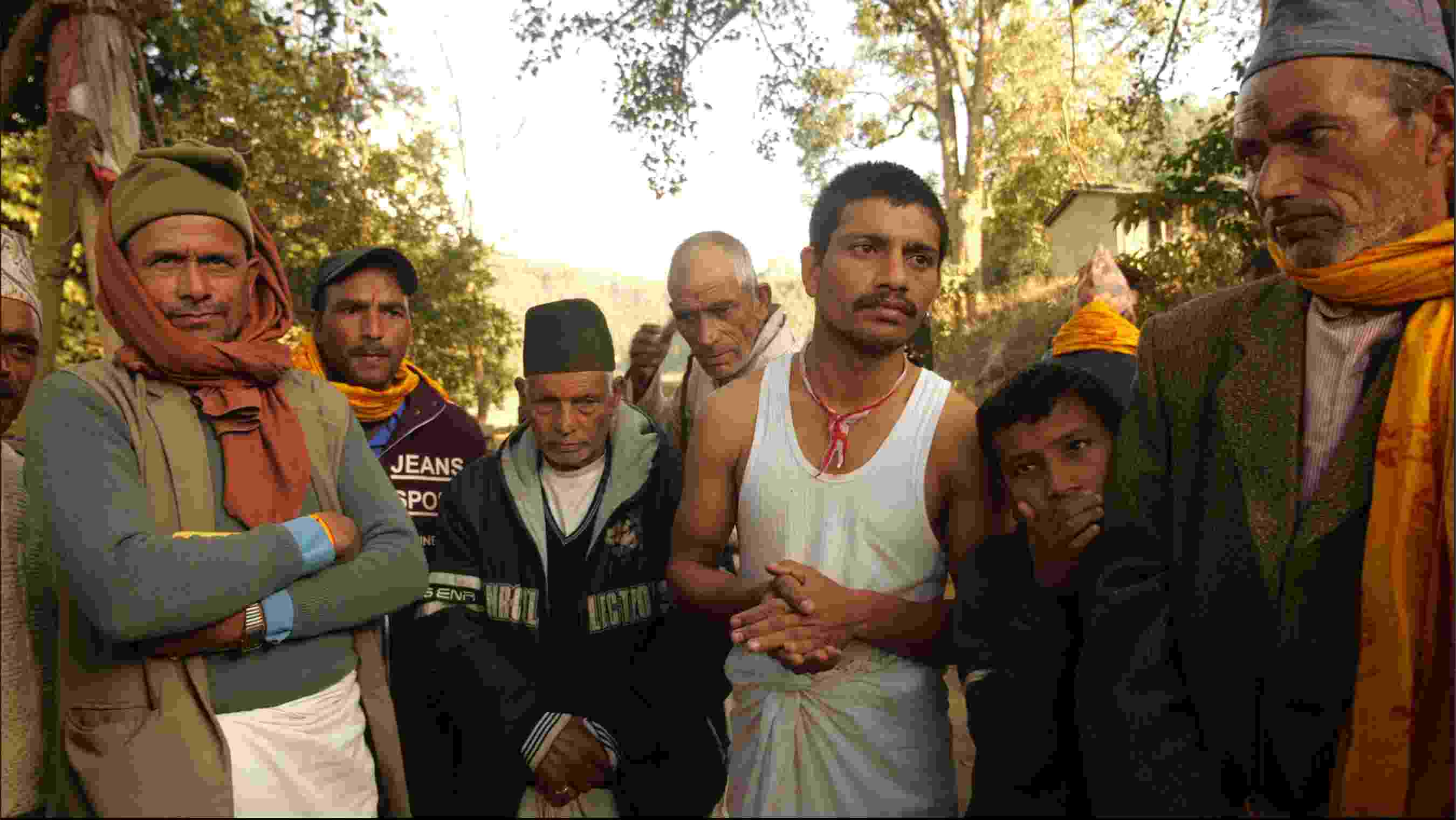
Asia Pacific
16:35, 08-Mar-2019
The Nepalese women banished for menstruation
Updated
17:01, 08-Mar-2019
Tony Cheng

In Nepal, despite International Women's Day being recognized as a public holiday, more than two million women suffer stigma and isolation every month, exiled from their homes simply for having their period.
Sunita is a lively and inquisitive 16-year-old girl, living with her family in the hills above Surkhet in Western Nepal.
Every month, she has to move out of the house to sleep in a small wooden hut, with a thin thatched roof and no walls, poor protection from the biting cold of the winter or the monsoon rains.
"I stay here for five days. When it's time to eat, I eat over there, and when it rains I can find a bit of cover over there," Sunita tells me, pointing around the dirt yard of her home.
Her family follow an old Hindu practice called Chhaupadi, which requires women going through menstruation to sleep outside the home, and doesn't allow them to touch food consumed by the rest of the family.

Sunita outside her Chhaupadi hut in Western Nepal. / CGTN Photo
Sunita outside her Chhaupadi hut in Western Nepal. / CGTN Photo
According to superstition, women are temporarily unclean during their menstrual cycle, and their presence in the house brings bad omens from the Gods, as Sunita explains.
"This has been practiced for a long time. My grandmother stayed outside, my mother did the same, and I'm also doing it. If we go inside the house they say the Gods get angry, and we get sick."
Every house in her village has a Chhaupadi hut outside, and although Sunita makes it clear she dislikes being exile from her home and the deprivation during her period, the practice is well established.
And the dangers aren't only from stigma and isolation.
Tulasi Shahi was only 19 when she died from multiple snake bites in her hut, as her mother in law Ratna Bika told me in the small town of Bheri.
But the tragedy spurred Ratna to kick against tradition, stop practicing Chhaupadi in her family and start campaigning in the district for the destruction of all Chhaupadi huts, much to the anger of the Hindu shamans, all men, who promote the practice.
Ratna, a forthright woman in her 50s, is clearly not intimidated by threats that she'll incur the wrath of the Gods.

Ratna Bika. / CGTN Photo
Ratna Bika. / CGTN Photo
"We couldn't save their lives, so whose God? If there was a God then he would have saved her life. When we had difficulties, God should have protected us from rain, and other calamities…he should have said he was there for us. Now we women should be aware, and we should be strong. Now we should sleep in our houses".
Chhaupadi was outlawed in 2005, with stiff fines and jail terms for those who enforce the superstition imposed since 2017, although the law is very rarely enforced.
In reality, the tradition is still common in 19 of Nepal's 77 districts, affecting more than two million women who have to suffer the stigma and danger of enforced isolation every month.
The Federation of Untouchable Women (FEDO) is one of the pressure groups trying to bring the practice to an end, but as Renu Sijapati explained, it's not legislation they need, but better understanding within the communities themselves.
"Until and unless we change these social and religious leaders it will be difficult to stop the practice. In those places, these people create pressure to continue the practice."
Outside the Peduka shrine of celebrated Hindu Goddess Lakshmi, a group of Shamans conclude a three day pilgrimage they've made from the village of Bastipur.

Shamen at the Paduka Shrine. / CGTN Photo
Shamen at the Paduka Shrine. / CGTN Photo
The journey was undertaken to placate the Goddess for the sins of their community, one of which is the improper behavior of menstruating women, they tell me.
The group, all men, seem uncomfortable discussing the Chhaupadi tradition, aware that its illegal.
Yet one of the senior shamans, Nandal Regmi admits that the practice is still commonplace, and encouraged, in his community.
"If we have insulted any gods or goddesses, if we haven't respected them properly, for example if menstruating women touch something, then we can't let that happen. What we do in our clan, to protect ourselves, we ask menstruating women to stay away. We can do that.”
Earlier this year, district governments in western Nepal started to deny funding to communities known to practice Chhaupadi in an effort to stop such a practice.
(Cover image: Campaigner Ratna Bika (L) and a young woman (R) in a Chhaupadi hut, western Nepal. / CGTN Photo)

SITEMAP
Copyright © 2018 CGTN. Beijing ICP prepared NO.16065310-3
Copyright © 2018 CGTN. Beijing ICP prepared NO.16065310-3